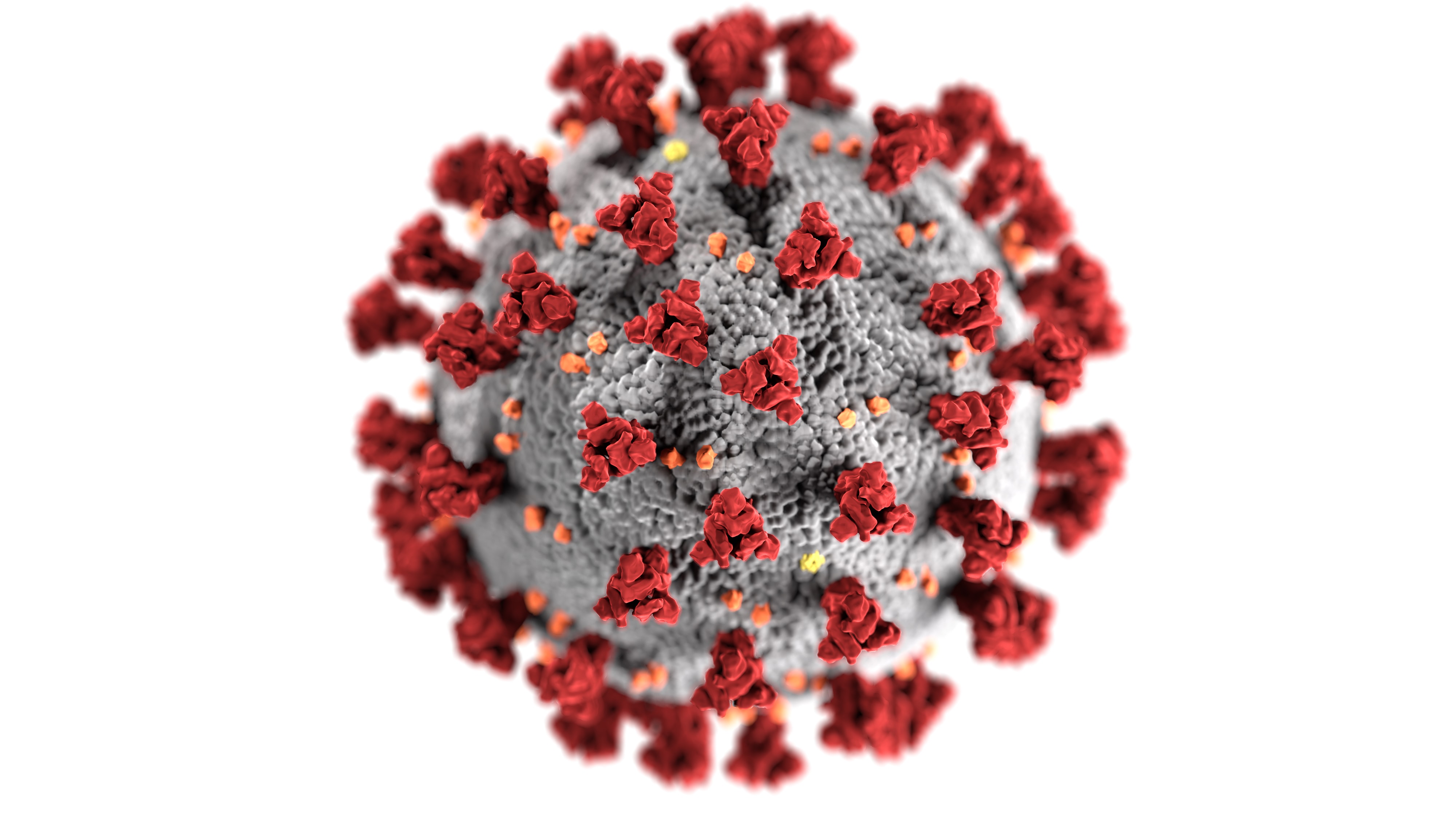The COVID-19 Host Genetics Initiative: collaborating to understand how our genes affect our response to the coronavirus
Since the initial outbreak of the novel coronavirus SARS-Cov-2, researchers from many different disciplines have come together to try to decipher the virus’ biology and address some of the many pressing questions that its prevalence has posed.


One question that has emerged during the COVID-19 pandemic is: Why does the virus cause devastating effects in some individuals, and barely affect others? One way to tackle this is to build a clearer picture of the role that genetics play in terms of patient outcomes. To help meet this need, the COVID-19 Host Genetics Initiative was launched in March 2020. The initiative has brought together the human genetics community to generate, share, and analyze data to learn the genetic determinants of COVID-19 susceptibility, severity, and outcomes. Such understanding could help to generate hypotheses for drug repurposing and identify individuals at unusually high risk, whilst contributing to the global knowledge of the biology behind SARS-Cov-2 infection.
Dr. Andrea Ganna is a FIMM-EMBL group leader at FIMM (Institute for Molecular Medicine Finland), who co-leads the COVID-19 Host Genetics Initiative alongside FIMM’s Director, Professor Mark Daly. Here, Andrea describes how the initiative came about and what he and his fellow researchers are hoping to achieve.
Can you describe how the process has been in terms of setting up and running the COVID-19 Host Genetics Initiative?
We initially started with around three groups. Our goal was to bring together the scientific community to study the genetic factors that might help to explain the different outcomes of COVID-19. There is a lot of variability in terms of how people are affected. A lot of these can be explained by factors such as BMI, age or gender, but these factors don’t entirely explain all of the variabilities that we are seeing between patients. We want to try and understand why some might become very sick and end up in intensive care, whilst others appear to be perfectly fine.
We’ve had a great response from the human genetics community. We now have around 200 research groups from all over the world signed up, and 36 studies have shared their results with us. I think that what is especially interesting about this initiative is that, from the outset, we have been very open and transparent. All of our meetings are posted online and any results we generate also immediately posted online before publication. We take all of our decisions in a collaborative way. We are prioritizing the sharing of data over publication, which is quite the opposite of how research findings are usually shared.
How have things been working so far, and what have been the main discoveries?
We have seen several groups using the data shared via the initiative to do follow up studies or other types of analysis, which is interesting. In terms of discoveries, we have identified several genetic variants associated with COVID-19 severity, which have pointed to some compelling biology. The most interesting and exciting for me is a strong signal on Chromosome 3. We are unsure of the biology here but it appears that the Chromosome 3 region is one of the most powerful genetic factors involved with COVID-19. A strong signal here appears to increase the risk of hospitalization by around two-fold if you have COVID-19. We don’t know much about the biology behind this yet, but other signals seem to point to either immune mechanisms or lung-related biology. These variants are also associated with interstitial lung disease or lung cancers.
What effects do you think genetics play in a patient’s outcomes?
The clinical applications of this understanding are relatively small; something like BMI has more of an effect. What is most valuable, however, is the biological insight that we are gaining. Not only for this pandemic, but in general and for future pandemics.
You are a FIMM-EMBL group leader with lots of other ongoing projects. The model of the Nordic EMBL Partnership is designed to help younger group leaders explore more high risk / high gain research. Was it relatively easy for you to quickly switch your research focus to COVID-19?
I am fortunate that in my FIMM-EMBL group leader position I don’t have many other commitments, such as teaching and administrative tasks, so I can purely focus on my research. Of course, I have other ongoing research projects but the way things are set up at FIMM has been very helpful in terms of being able to fully dedicate myself to these big research questions. There have certainly been some HIV-related studies that have been driven by human genetic results, but it’s traditionally been the genome of the virus rather than the genome of the host that has been the focus. Without the pandemic, there is no question that we would not have been able to put such an initiative together in just eight months.
How do you think the research community, and the perception of research in general, has changed in light of COVID-19?
Research was already starting to become more open but the pandemic has accelerated this. I think it has also changed the general public’s perception of science and research. There is now a lot of exposure generated for scientific results. In the past, a breakthrough might have been reported on, but the ensuing controversies were not publicized so much. Now, there is a lot more exposure after a discovery is made; we hear that someone else has found something which is the complete opposite of the initial discovery. It can be hard for the public to know which is correct.
What is your hope for the future in terms of the COVID-19 Host Genetics Initiative?
I am very interested in the collaborative aspect and management of the initiative. It’s been amazing to see all these people come together to provide robust evidence for robust genetic associations. This, of course, won’t change the pandemic, like a vaccine might, but it’s a very relevant piece of the wider puzzle. It would be great if the initiative allowed us to put more groups together and we were then able to collaborate and discover something that is a real breakthrough. For me, however, it’s not just the results that are important, but being able to foster the collaboration to produce results that might be impactful. I think this process is very exciting.
Further information
- For more information, visit the COVID-19 Host Genetics Initiative at https://www.covid19hg.org
- You can learn more about Andrea Ganna and his research at: https://www.dsgelab.org/